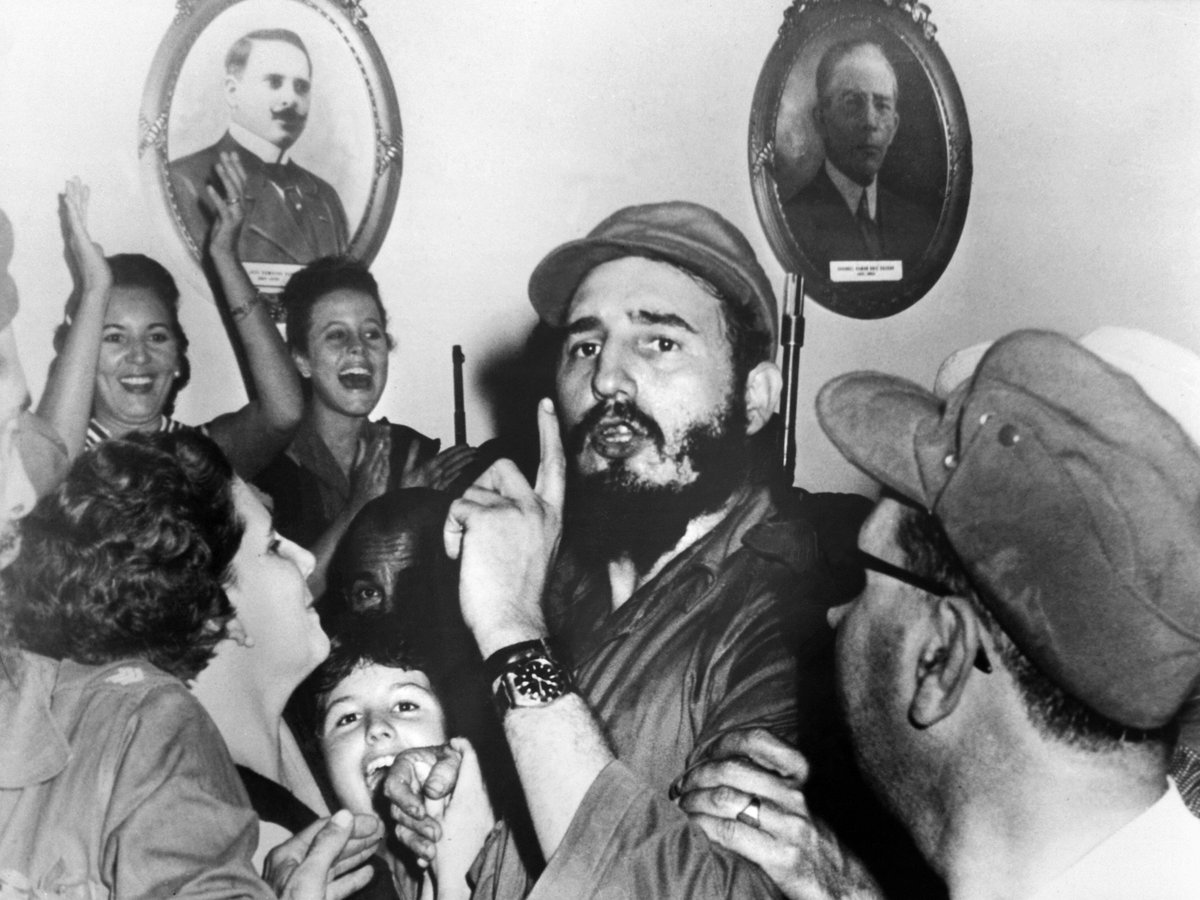
It was February 18, 2013.
A 31-year-old FSU grad walked into a small office in the city of Lima, Perú.
As his eyes adjusted to the darkness, he could make out menacing shapes of three men.
Two had handguns on their hip. A third sat at a table — a shotgun within reach. (THREAD)
A 31-year-old FSU grad walked into a small office in the city of Lima, Perú.
As his eyes adjusted to the darkness, he could make out menacing shapes of three men.
Two had handguns on their hip. A third sat at a table — a shotgun within reach. (THREAD)
The man wasn’t there to buy cocaine or weapons.
He was there to buy gold.
Where Africa has “blood diamonds,” Perú and its South American neighbors have “dirty gold” — much of it ends up in jewelry and goods purchased by unsuspecting consumers in the U.S. miamiherald.com/news/local/cri…
He was there to buy gold.
Where Africa has “blood diamonds,” Perú and its South American neighbors have “dirty gold” — much of it ends up in jewelry and goods purchased by unsuspecting consumers in the U.S. miamiherald.com/news/local/cri…
The miners have turned an area in Perú’s southeastern rain forest known as La Pampa into one of the hemisphere’s largest illegal gold mines, a giant tear-drop-shaped desert that stretches more than forty-two square miles. 

For Perú’s government, La Pampa became something even more sinister than an environmental catastrophe: a toxic stew of poverty and criminality, where police dared not tread and international and Peruvian laws were mere conjecture.
“You can find everything in there . . . abuses of every kind,” Peruvian defense minister José Huerta Torres said.
Although solutions do exist — including less destructive forms of mining that would actually increase gold yields — there is little will to solve the problems as long as the gold keeps flowing.
And the rush of gold won’t stop as long as there are men who come from overseas to buy it.
By the time the man stepped into that dark Lima office in 2013, he knew all about the evils of illegal mining — he just didn’t care.
By the time the man stepped into that dark Lima office in 2013, he knew all about the evils of illegal mining — he just didn’t care.
That’s just one of many scenes in a new book by @MiamiHerald reporters @jayhweaver and @NickNehamas and former Herald journalists @jimwyss and @KyraGurney, based on a Herald series that was a finalist for the Pulitzer Prize. 

@jayhweaver @NickNehamas @jimwyss @KyraGurney "Dirty Gold: The Rise and Fall of an International Smuggling Ring" details how U.S. consumers drive smuggling, pollution, environmental destruction and human rights abuses in Latin America.
Pre-order your copy at any of the bookstores listed here: publicaffairsbooks.com/titles/jay-wea…
Pre-order your copy at any of the bookstores listed here: publicaffairsbooks.com/titles/jay-wea…
@jayhweaver @NickNehamas @jimwyss @KyraGurney You’re also invited to join Jay and Nick on Thursday, March 4 as @BooksandBooks and the @MiamiBookFair present a virtual event with the authors.
Register here: booksandbooks.com/event/dirty-go…
Register here: booksandbooks.com/event/dirty-go…
@jayhweaver @NickNehamas @jimwyss @KyraGurney @BooksandBooks @MiamiBookFair Read the original six-part "Dirty Gold, Clean Cash" investigative series here: miamiherald.com/news/nation-wo…
• • •
Missing some Tweet in this thread? You can try to
force a refresh






